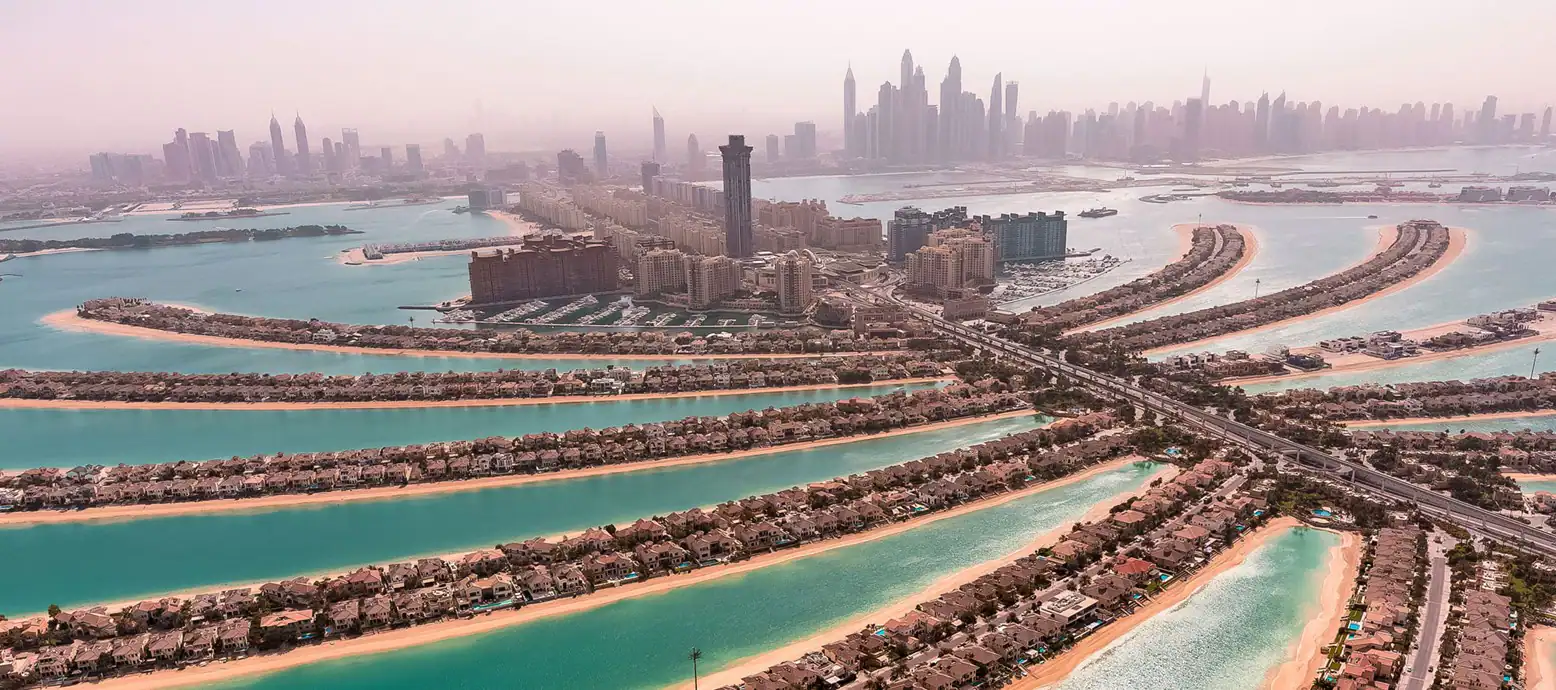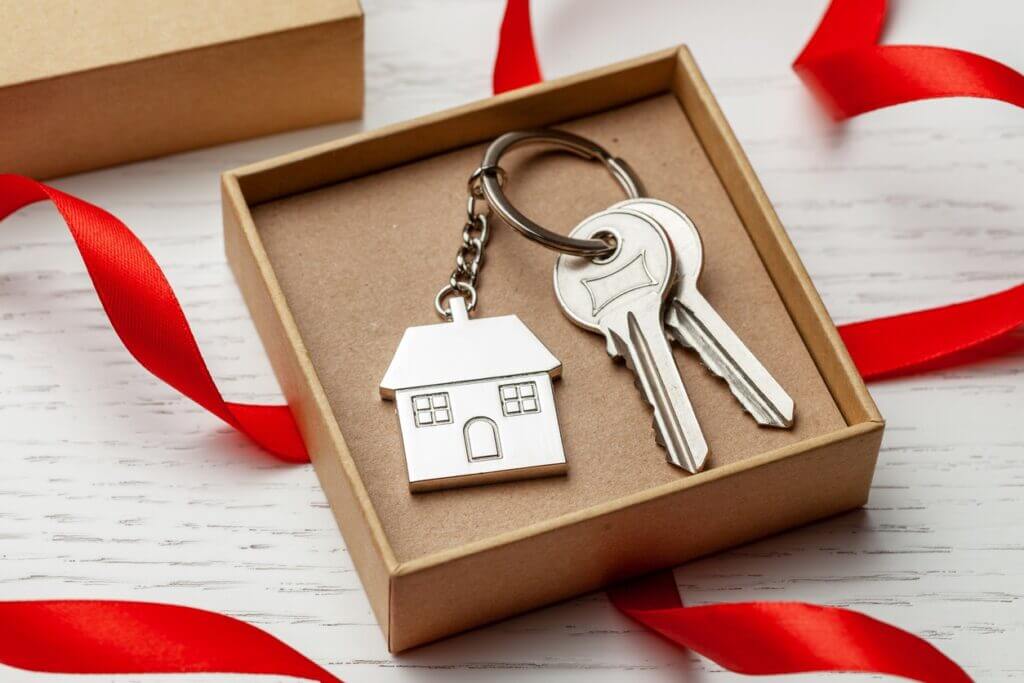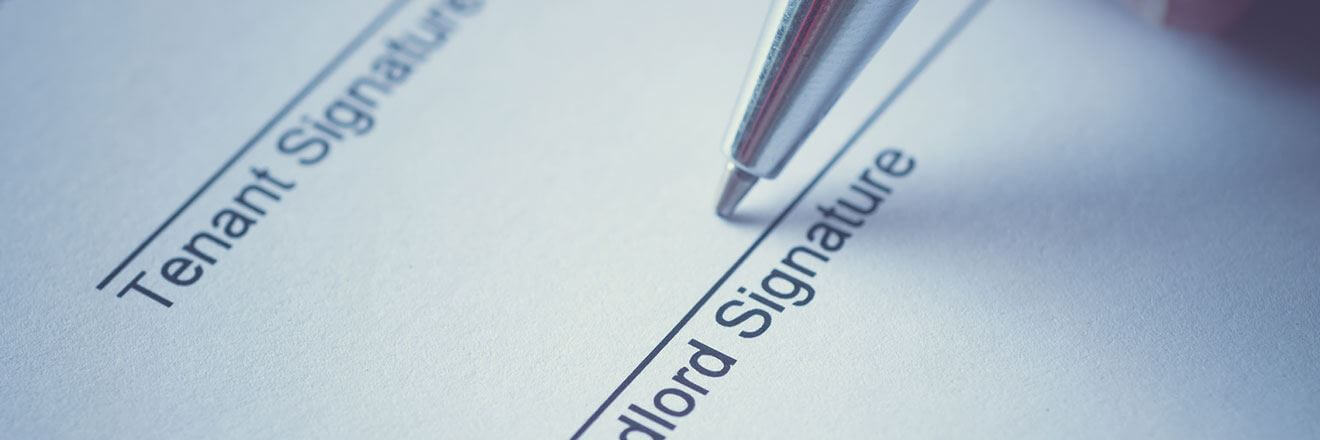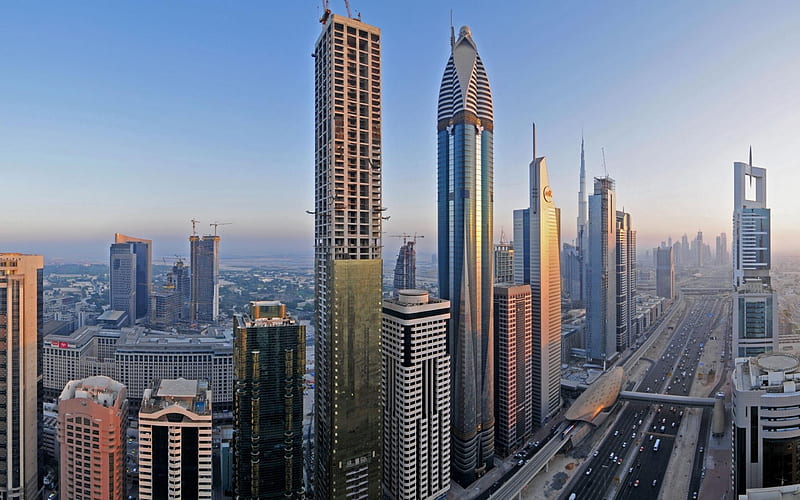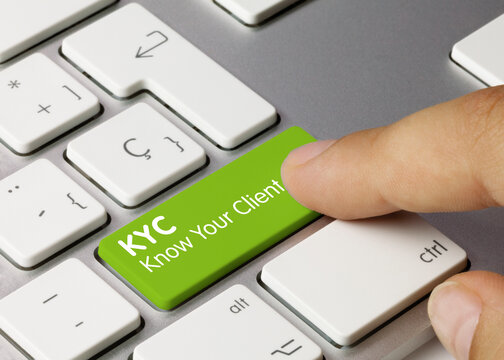Landlords in Dubai have various rights, including the right to receive rent on time, the ability to evict tenants for non-payment of rent, the option to terminate the contract under specific circumstances, and the authority to access the property for inspections and repairs. Furthermore, tenants must compensate landlords for any damage caused to the property.
Dubai has established itself as a global hub for real estate investment and development over the last few decades. The city has witnessed a significant increase in the number of properties, both residential and commercial, resulting in a higher number of landlords.
As a landlord in Dubai, it’s crucial to be well-informed about your rights and responsibilities to ensure the proper maintenance of your property and the satisfaction of your tenants.
The Dubai Rental Law No. 33 of 2020, which replaced the previous rental law (Dubai Rental Law No. 26 of 2007), came into effect on March 9, 2020.
The new tenancy law in Dubai aims to improve the rental market through several changes. These changes require all rental contracts to be registered with the Rental Good Conduct Certificate (RGCC) system, establish rent increase caps for existing tenants, introduce measures to protect tenants’ rights, and create a Rental Dispute Settlement Circuit (RDSC) within the Dubai Courts.
The new landlord-tenant law in Dubai has the goal of providing greater transparency, accountability, and protection for both landlords and tenants.
What Is a Tenant and Landlord Relationship?
In the tenant-landlord relationship, the landlord holds the ownership rights to the property, and the tenant obtains the right to use the property by paying the rental fee for the unit.
On top of that, the tenant has the responsibility of maintaining the property, while the landlord is obligated to carry out maintenance as outlined in the agreement.
Maintaining a positive relationship is essential for both parties, as it fosters mutual trust, which becomes particularly important in case any issues arise.
What is the maintenance law in Dubai?
In accordance with Article 16 of Law 26 of 2007, unless otherwise agreed, the landlord is responsible for doing all maintenance on the property. However, the majority of lease agreements in Dubai often state that the tenant is responsible for minor upkeep while the landlord is responsible for any substantial repair.
Can Landlord Increase Rent in Dubai After 1 Year?
Yes, they can as long as it’s the time for renewal; otherwise according to the tenant rights in Dubai, they can’t increase the rent during the lease period.
What Is the Rent Increase Notice Period in Dubai?
The landlord must notify the tenant within 90 days before the expiration of the contract.
This is the minimum notice period, according to the Dubai Tenancy Law, unless the two parties agree on other terms.
Things to check in a rent increase:
Whether your proposed rent increase is within the bounds of RERA’s rental increase calculator
If your community is not listed in the rental increase calculator, then the regular rules of rental increases in Dubai do not apply. In this instance, you and your tenant will have to agree on what you feel is a fair price.
If your community is listed in the rental increase calculator, but you believe one or both of the above-mentioned requirements have not been met, your tenant can contest your notice.
When Is the Rental Increase by the Landlord Permitted?
Under the Dubai Rental Price Index, landlords may adhere to the following framework for rental increases:
No increase is permitted when the rent increase calculator shows the current rent paid is within the stipulated range
A 5% rent increase is permitted when the rent falls between 11–20% less than the average for the location
A 10% rent increase is permitted when the rent falls between 21–30% less than the average for the location
A 15% rent increase is permitted when the rent falls between 31–40% less than the average for the location;
A 20% rent increase is permitted when the rent is less than 40% of the average for the location.
Is the Landlord Allowed to Enter the Property in the Tenant’s Absence?
No, the landlord is not allowed to enter the unit during the renter’s absence or without their permission unless they agree on this and it’s included in the contract. This is according to tenant rights in Dubai.
Moreover, if the landlord wants to sell the property, they should ask for the tenant’s consent to be able to show the property to potential buyers. When the tenant permits viewings, the landlord must provide at least 24 hours’ notice and must be present at the time of viewing.
Can the landlord evict a tenant prior to the end of a tenancy agreement?
Article 25 of Law No. 26 of 2007 states that there are only a few very specific reasons why a landlord can evict a tenant prior to the end of a tenancy agreement. These include:
The tenant fails to pay rent within 3 days of being served a written notice from the landlord
The tenant subleases the property without the landlord’s approval
The tenant uses the property for any other purpose than what it was leased for
The property is used for immoral or illegal activities
The tenant causes damage or makes unsafe changes to the property
The tenant fails to comply with the terms of the tenancy or the law
If demolition of the property is required by the government for urban development
Unless one of the above conditions is met, you cannot be evicted during the tenancy.
The landlord can seek to evict the tenant for one of the following reasons:
The landlord wishes to reconstruct or demolish the property
Major maintenance or renovation is required, which cannot be done whilst the tenant is living there
The landlord wants to sell the property
The landlord wants to either live in the property or have one of their first-degree relatives live there
But, in all of the above examples, 12 months of written notice must be provided.
Here are some top tips for landlords in Dubai:
1. Hiring a competent property manager is considered essential by experienced landlords to maximise the value of their rental properties. This approach not only helps in avoiding all the headaches associated with vetting tenants, collecting rent, handling complaints, and addressing maintenance and repair requests,
2. Maintain a Respectful Relationship with Tenants. If you opt to lease your property without a property manager, make an effort to maintain a positive relationship with your tenant. When mutual respect exists, your tenant is more likely to take better care of your property, which ultimately benefits your long-term investment.
3. Familiarise yourself with the Law. Before considering rent increases or wanting to evict a problematic tenant, take a moment. Landlords have both rights and responsibilities to adhere to under Dubai law. As a landlord, comprehending your obligations will assist in safeguarding yourself and your rental property.
4. Ensure clarity in the contract. Make sure the tenancy contract is clear. For instance, it should outline the maintenance and repair requests for which you are accountable. If you believe the tenant is requesting maintenance beyond your obligations, direct them back to the contract.
5. Initiate a Rental Dispute Case if necessary. If you have explored all available options, including discussions with your tenant to resolve any arising issues, contemplate initiating a case. The Rental Dispute Centre serves both landlords and tenants with the ultimate aim of reaching a resolution for both parties.
Various laws and regulations in Dubai, including Dubai tenancy law, protect the rights of landlords. As a landlord, it is essential to comprehend your rights and obligations to establish a smooth and lawful tenancy agreement with your tenants. Among the significant rights of landlords in the UAE are the right to evict tenants for breaching the contract, the right to receive rent promptly, and the right to terminate a tenancy agreement for valid reasons.





